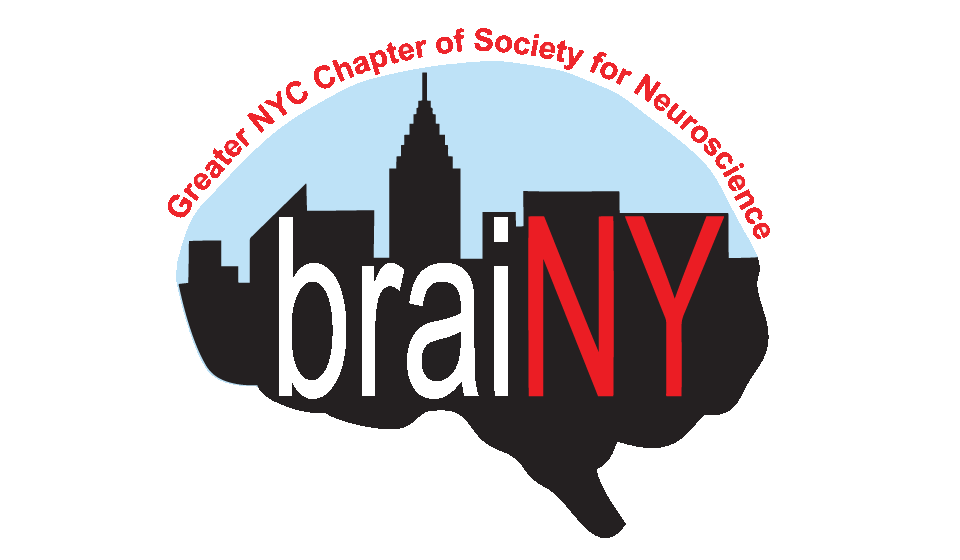Get Involved this December
By Casey Lardner, Ph.D. and Alice Giani, Ph.D.
For researchers
The Leon Levy Scholarships in Neuroscience: Applications due December 9th
The Leon Levy Scholarships in Neuroscience aim to promote groundbreaking neuroscience research in the five boroughs of New York City by supporting the most innovative young researchers at a critical stage of their careers -- their postdoctoral research.
Each scholarship is a 3-year award. Scholars will receive an annual stipend equal to 125% of the National Institutes of Health postdoctoral rate, according to postdoctoral year, a $3,000 one-time computer allowance, and an annual dependent care supplement, among other benefits.
For application details and a list of eligible institutions, please visit the New York Academy of Sciences website linked above. The application window closes on Dec. 9th, 2022.
For advocacy and outreach
NYAS Career Series: Science Policy on Dec. 7th
Careers in science policy exist in a wide variety of settings including government, international, professional associations, academia, industry, lobbying firms, and law firms. Policy influences our lives across various issues and requires evidence-based, strategic communication, community engagement, and support for decision makers. Join NYAS for a webinar on December 7 from 5:30 PM to 6:30 PM EST.
Science policy training & networking event with published authors
TheJournal of Science Policy & Governance(JSPG) and AAAS Science & Technology Policy Fellowships Program (STPF) have partnered on a call for papers leading up to the 2022 JSPG summer standard issue. Please join us on December 15th at 3pm EST to hear from a panel of authors from the Summer Standard JSPG issue. We're excited to hear from them both about their articles, and about the process of thinking about and writing highly topical policy pieces.
New York Academy of Sciences Afterschool STEM Mentoring Program
The New York Academy of Sciences’ Afterschool STEM Mentoring Program (ASMP) recruits STEM professionals looking to reignite their passion for the sciences through the eyes of young scientists. Accepted mentors are connected with a group of elementary and middle school students and age appropriate curriculum with the goal of inspiring a lifelong interest in STEM. The program brings in research fellows, undergraduate and graduate students, postdocs, transitional scientists, or R&D specialists together to remember the pure curiosity of asking questions and finding new answers.
In partnership with the NYC Department of Youth and Community Development (DYCD), participants are placed at one of our many afterschool sites around New York City throughout the year. Apply by January 8th.
How to Effectively Communicate Your Science to Any Audience
This online course and community offered through the New York Academy of Sciences is custom-built for scientists to help you advance your career, get funding for your research, feel understood and effective with lifetime access to an online community of mentors and peers. To register, visit the link above. The course will run Jan. 19 to Feb. 9, 2023.
For educators
Join OpenSciEd's Professional Learning Facilitator Team
OpenSciEdcreates free, high quality, NGSS-aligned science materials and professional learning support that empowers educators to inspire all students with the beauty and wonder of science. As a member of our OpenSciEd Professional Learning Facilitator Team, you'll have the opportunity to impact science education in high schools across the country. Learn more in the links above andapply hereby Dec. 9th for early applications.
Dana Foundation x Harvard's LabXchange Neuroscience Content for Learners and Educators
The Dana Foundation partnered with Harvard's LabXchange to create high-quality science education accessible for all. Create custom lesson plans with individual videos, fact sheets, articles, and more.
For learners
Fathoming the Mind: A Closer Look at the Formation of Self
It seems there is a fundamental gap between humans and non-human animals when it comes to abstraction, planning, attention, or the transmission of culture. But is this a difference in nature or degree? How does the human mind's capacity to recognize a "self" bearing intentionality and agency impact this distinction? Psychologist Alison Gopnik, ecologist Carl Safina, and biologist Kenneth R. Miller explore the differences between humans and other animals in relation to the construct of "self." In person at the New York Academy of Medicine on Jan. 17, 7-8:30pm. Reception to follow.


